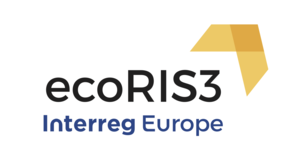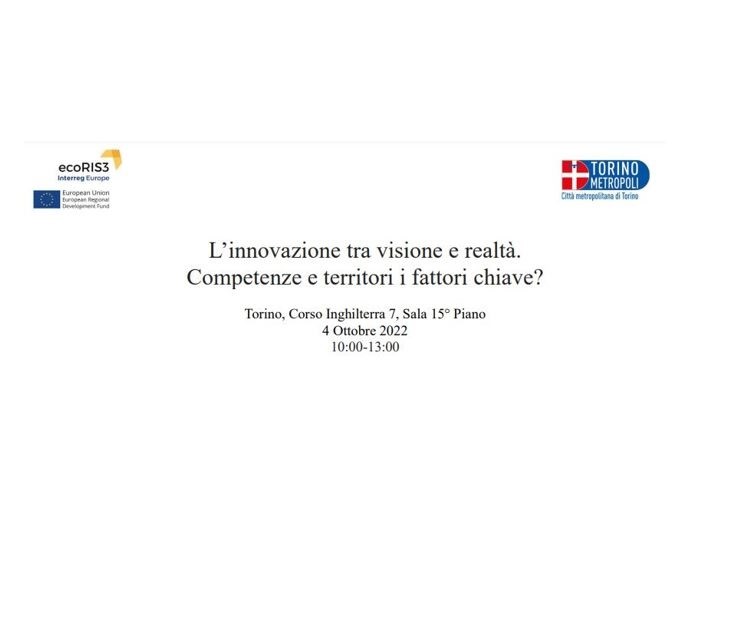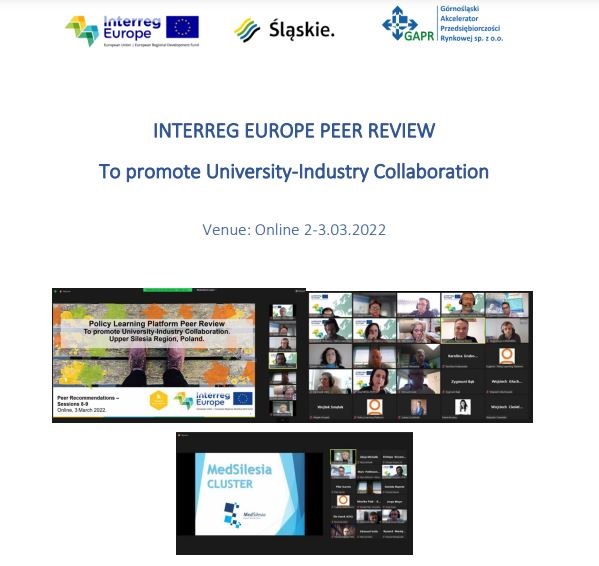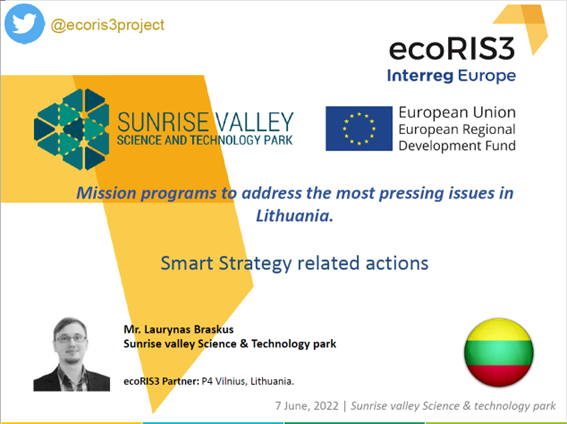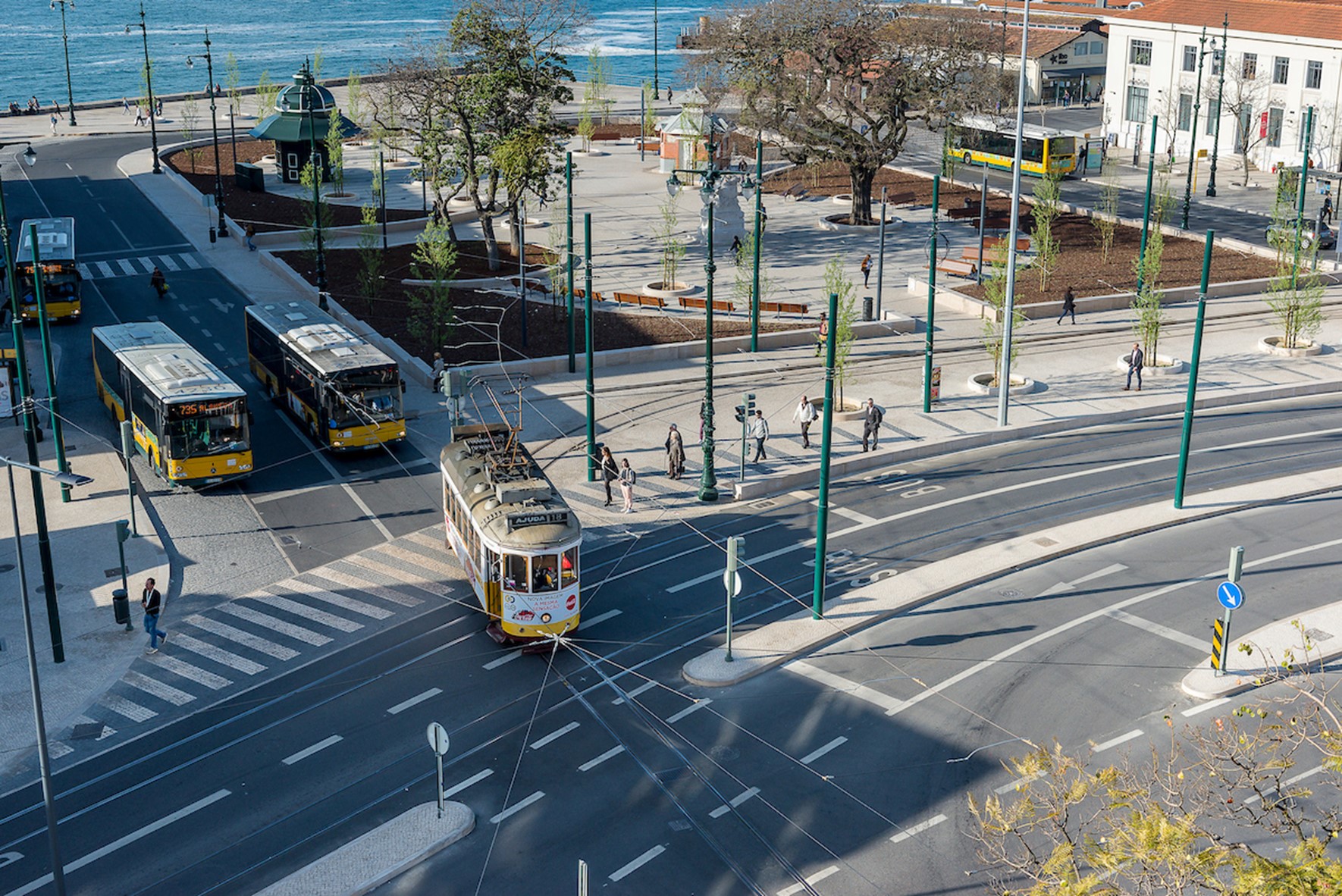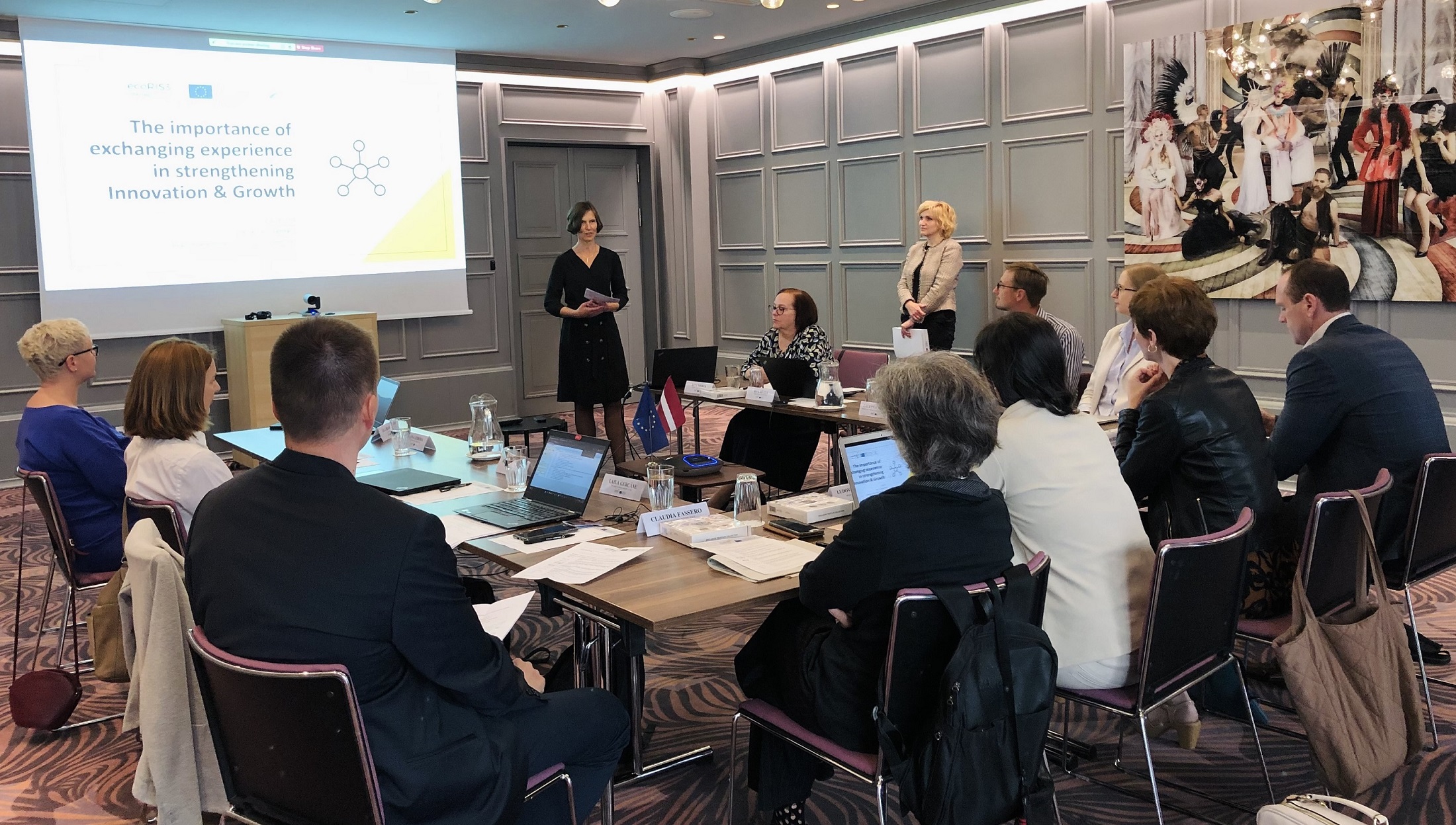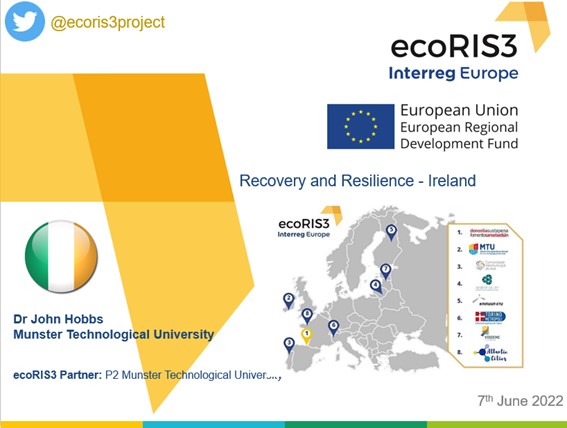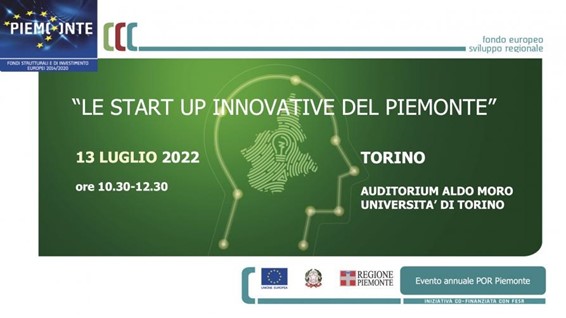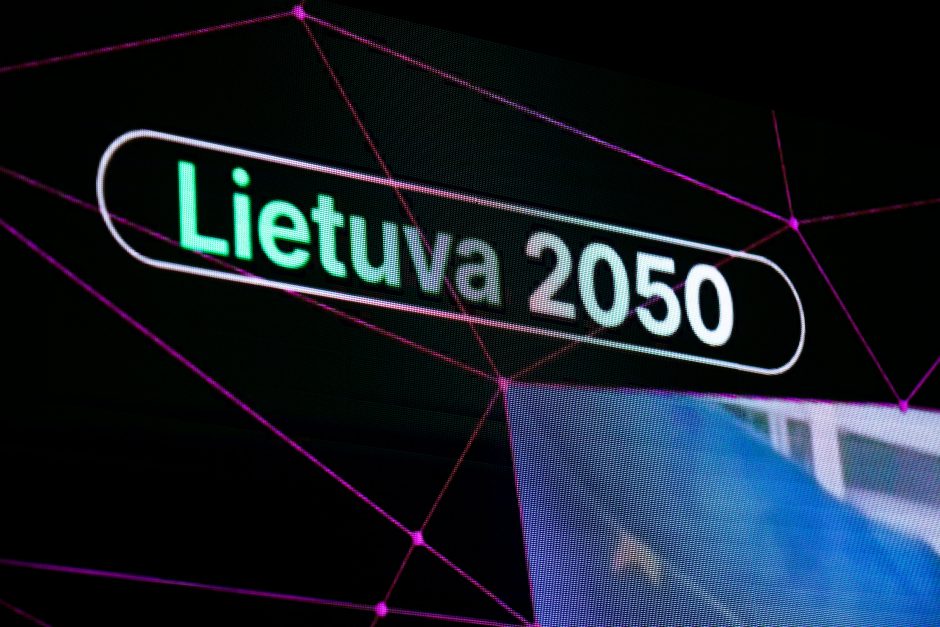The Covid-19 pandemic has really impacted Ireland like all other EU states. This article seeks to highlight elements of how Ireland has navigated its way through the pandemic and the sectors and areas within country which are still struggling.
The largest initial impact on the local economy has been the increase in the number of people in receipt of unemployment assistance. Before the pandemic the number of unemployed people was measured using the number of people on the ‘Live Register’ (Figure 1).

Dr Barraí Hennebry, an economic geographer at V-LINC MTU suggests “Covid-19 lockdowns in the economy have greatly changed the spending habits of Irish consumers as many lost their jobs, had reduced workhours and therefore tightened their belts. Furthermore, the lack of ability to leave one’s residence only for essential items and limited ability to socialize outside of family ‘bubbles’ further contracted spending. Figure 2 shows changes in personal expenditure on consumer goods and services from Q2 in 1995 up to the Q3 of 2021."

Figure 3 below showcases the increases in public expenditure since the onset of the Covid19 pandemic. The Policy makers have understandably re-aligned their activities towards schemes to help business and individuals which included: (1) Financial supports (including Income supports; Loans, grants, vouchers and schemes; Rates waiver and tax measures); (2) Sector-specific supports and guidance and (3) Skills and training supports. These initiatives were provided by government aiming to keep business open despite the lockdowns and general downturn in the economy.
In looking specifically at the SWOT analysis undertaken in 2019 by the ecoRIS3 project, this really showcases the impact that Covid-19 has had at the regional level in changing the goalposts for the triple helix of industry, academia and Government. Covid-19 has brought about new strengths, weaknesses, opportunities and threats (at local and national levels) and it is useful to analyse these (showcased in Table 1 below).
The new strengths identified include the resilience of Irish family businesses and smaller firms during the pandemic. The acceleration of digitisation across SMES with more than a third (36%) of Irish SMEs reimagining their business processes online during the pandemic, and the increased awareness of the Green Transition and Climate Change across the triple helix in line with EU targets.
New weaknesses in the local economy have been highlighted by the pandemic, which include: sectors of the domestic economy which have been severely affected with widescale job losses (accommodation, food, arts, tourism & entertainment); an increased unemployment rate (14.7%, September 2021), reduced household spending and consumer confidence; policies not pertaining to Covid-19 supports being put ‘on hold’ and educational challenges with college and school lockdowns.
Dr Hennebry, notes that “Weaknesses also bring opportunities, Covid-19 has allowed Ireland transition towards remote and hybrid working for sectors who would have previously believed this was inconceivable, which represents a significant opportunity towards rebalancing the regional economy as the workforce can now choose where to locate themselves as they manage their time more effectively towards a work/life balance. Furthermore, the Southern Regional Assembly has made huge strides in promoting a Regional Approach to Smart Specialisation, which will feed into Ireland’s updated national RIS3 strategy.”
Finally, the threats that are on the horizon at present pertain to the re-opening of the economy and the speed at which that occurs for all sectors/communities and living with the virus on an on-going basis. There are challenges for employers and employees alike as Peoples willingness and want to travel for work as opposed to connect virtually – represents a small steps approach, and meeting face to face being ‘reserved’ for most critical activities in some sectors.
Table 1: Covid-19 Update of 2019 ecoRIS3 Irish SWOT Analysis of the Innovation Ecosystem
Dr John Hobbs, Senior Lecturer at MTU believes “It will take time for Ireland, its regions, and counties to build on these strengths and take advantage of the opportunities that present themselves whilst being mindful of the weaknesses and threats which are apparent. The Irish government has taken a conservative and guarded approach to coronavirus, quite often with more restrictions in place than our European neighbours, but one which has focused on prioritising citizens safety. Direct provision to keep business in operation have been well received and delivered. Now is the right time to re-focus the implementation of our ecoRIS3 Action Plan to support our innovation ecosystem to boost job opportunities and build economic growth into 2022/2023.”
The ‘Analysis of the impacts of Covid-19 in Ireland’ report can be found in the ecoRIS3 website library through this Link or Image below.
